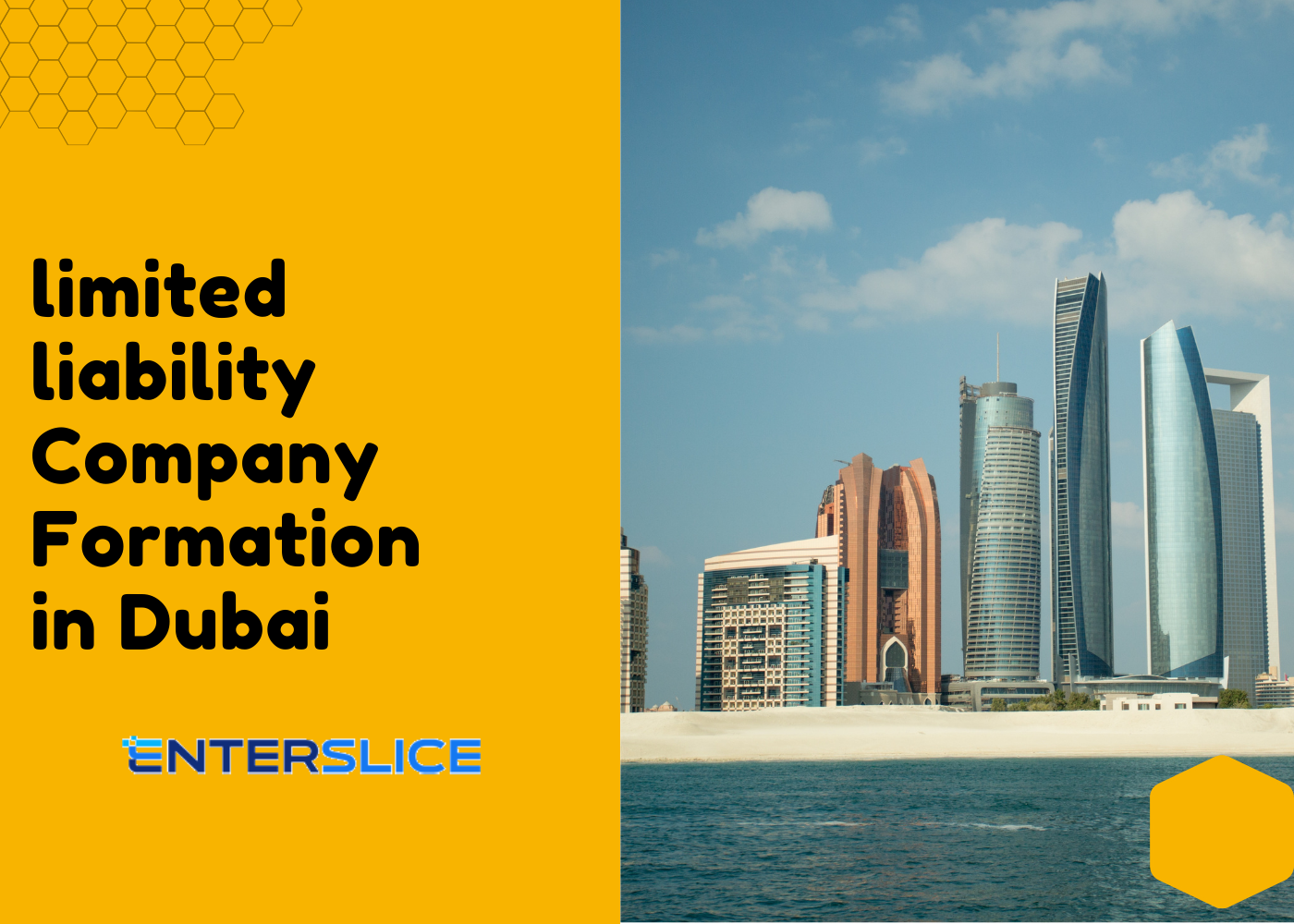"Dubai's LLC Legal Landscape: Navigating Compliance

Establishing a Limited Liability Company (LLC) in Dubai offers numerous opportunities for entrepreneurs seeking to tap into the vibrant business environment of the region. However, navigating the legal and regulatory landscape is essential to ensure compliance and successful establishment. This article delves into the key aspects of legal and regulatory compliance crucial for LLC formation in Dubai.
Understanding the Legal Framework: Dubai operates under a civil law system influenced by Islamic law (Sharia). The legal framework for businesses is primarily governed by Federal Law No. 2 of 2015 concerning Commercial Companies, which outlines the regulations for LLC formation. Additionally, specific regulations and guidelines issued by local authorities such as the Department of Economic Development (DED) in Dubai must be adhered to.
Key Legal Requirements:
-
Minimum Capital Requirement: LLCs in Dubai are required to have a minimum share capital, which varies depending on the business activities. While there's no fixed minimum capital requirement for mainland LLCs, certain activities may necessitate a higher capital investment.
-
Memorandum of Association (MOA): The MOA is a crucial document outlining the company's objectives, share capital, and ownership structure. It must be notarized and submitted to the DED during the LLC formation process.
-
Local Sponsorship: Foreign investors establishing an LLC in Dubai typically require a local sponsor, who must hold at least 51% ownership in the company. Careful consideration and negotiation of sponsorship agreements are essential to safeguard the interests of all parties involved.
-
Trade Name Registration: Selecting a unique trade name that complies with the naming conventions prescribed by the DED is imperative. The chosen name should reflect the nature of the business and must not infringe on existing trademarks.
Regulatory Compliance:
-
License and Permit Acquisition: Obtaining the necessary licenses and permits from relevant authorities is vital for conducting business legally in Dubai. Depending on the nature of the business activities, licenses from various regulatory bodies such as the DED, Dubai Municipality, and Dubai Health Authority may be required.
-
Employment Laws: LLCs in Dubai must comply with labor laws governing aspects such as employment contracts, working hours, wages, and employee benefits. Ensuring compliance with labor regulations fosters a harmonious and legally compliant work environment.
-
Taxation Obligations: While Dubai offers tax advantages such as no corporate or personal income tax, businesses must comply with Value Added Tax (VAT) regulations introduced in 2018. Understanding VAT obligations, including registration, filing, and payment requirements, is crucial for LLCs operating in Dubai.
-
Intellectual Property Protection: Safeguarding intellectual property rights through trademark registration and patent protection is essential for LLCs operating in Dubai. Compliance with intellectual property laws protects the company's assets and enhances its competitiveness in the market.
In conclusion, navigating legal and regulatory compliance is paramount for limited liability company formation in Dubai. Adhering to the established legal framework, understanding the intricacies of local regulations, and fulfilling key compliance requirements are essential steps in establishing a successful business venture. From meeting minimum capital requirements to securing necessary licenses and permits, every aspect of the formation process requires meticulous attention to detail. By prioritizing compliance, entrepreneurs can ensure the smooth and lawful establishment of their limited liability company in Dubai, setting the foundation for long-term success and growth in the dynamic business landscape of the region.
- Art
- Causes
- Crafts
- Dance
- Drinks
- Film
- Fitness
- Food
- Juegos
- Gardening
- Health
- Home
- Literature
- Music
- Networking
- Other
- Party
- Religion
- Shopping
- Sports
- Theater
- Wellness
- IT, Cloud, Software and Technology


